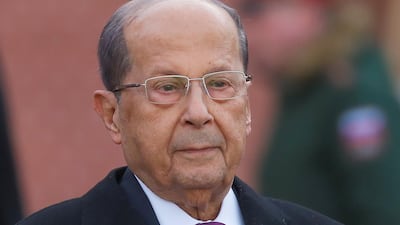The upcoming Arab League Summit in Tunisia comes at a time when a number of heavy matters are weighing upon the Middle East. Yesterday, the Great March of Return marked its one-year anniversary with more bloodshed on the border of Gaza and Israel, and, in recent days, Israeli shells have rained down on the Palestinian territory in response to a suspected rocket attack. Arab leaders will be expected to unite against President Donald Trump's recognition of the occupied Golan Heights as Israeli territory. This Syrian land has been under Israeli occupation since it was seized in the 1967 War, in violation of international law and UN resolutions. With protesters demonstrating in Sudan and Algeria, and unresolved conflicts in Libya and Syria, the one-day summit's agenda is packed with hot-button issues.
However, the Lebanese are hoping that the gathering will shed light on an under-reported crisis. It is estimated that this fragile nation of four million has taken in an additional 1.5 million Syrian refugees, and their unregulated arrival has precipitated a wave of xenophobic sentiment and strained the country's sluggish economy. President Michel Aoun is expected to urge Arab leaders to back their return to Syria, even in the absence of a peace deal. In defence of this clearly populist position, Mr Aoun has previously cited the case of Lebanon's 500,000 Palestinian refugees, many of whom still live n decrepit, crumbling camps. They have been awaiting a political solution that will enable them to go back home since 1948.
The UN and the international community have opposed the return of Syrians. Only a week has passed since the fall of ISIS, and Syria remains vulnerable to violence and lacks basic infrastructure. Despite these dangers, some refugees have already made the decision to return. Activists have reported that many were imprisoned in government-controlled areas. Lebanon is obviously unable to manage its refugee population on its own and requires international assistance, but the plight of a displaced people should not be politicised and governmental responses should never put innocent lives at risk.

